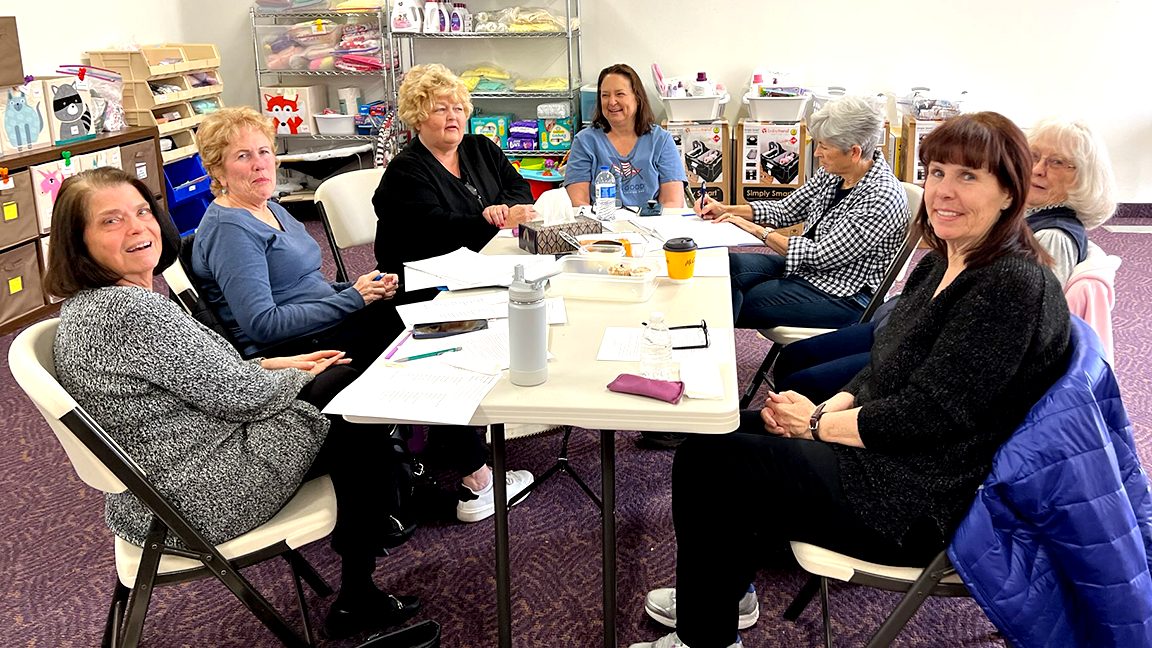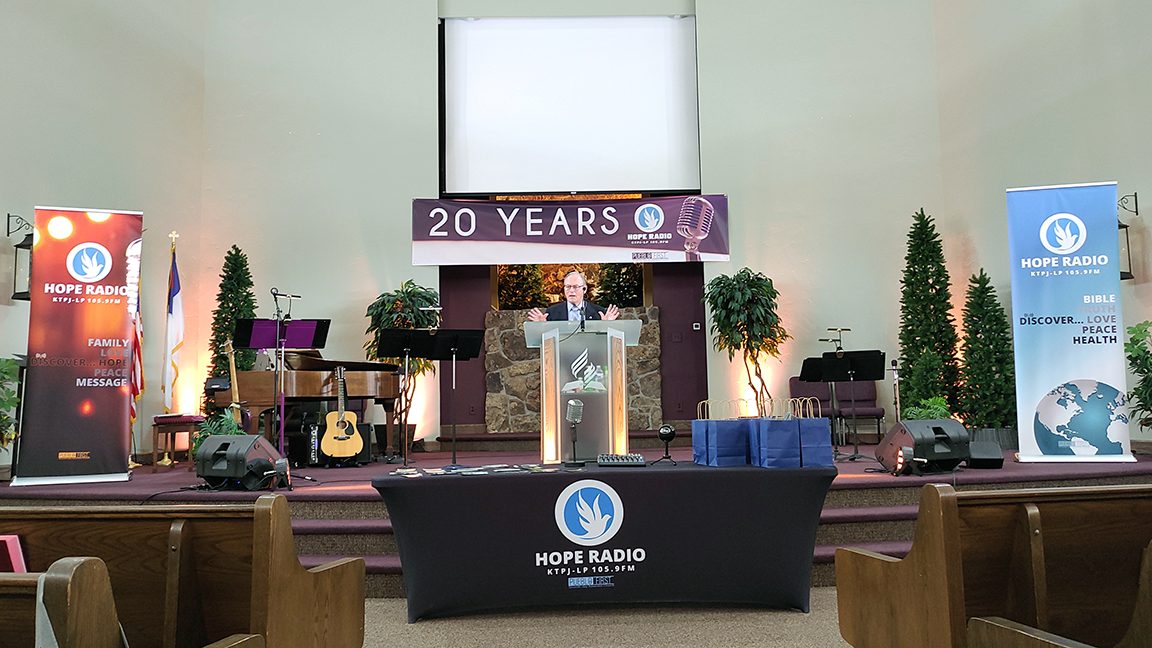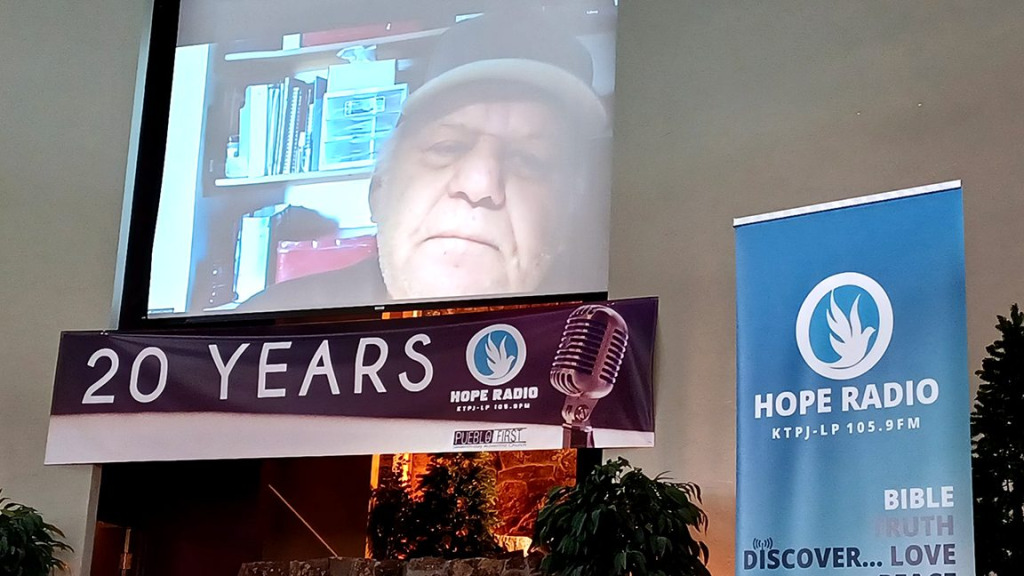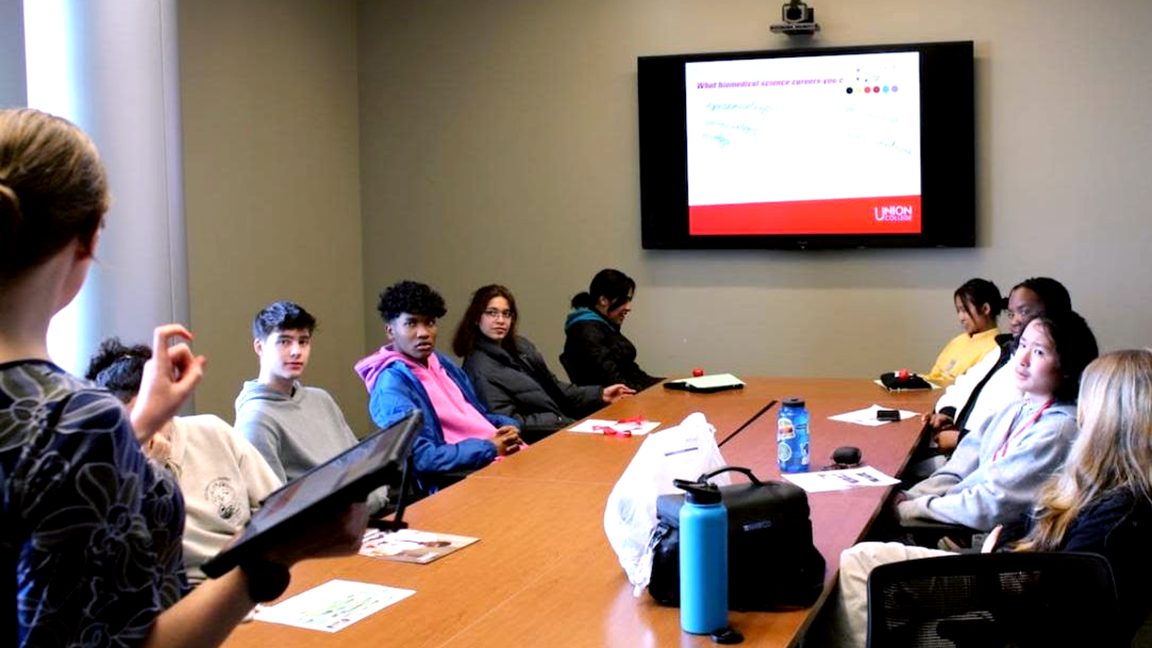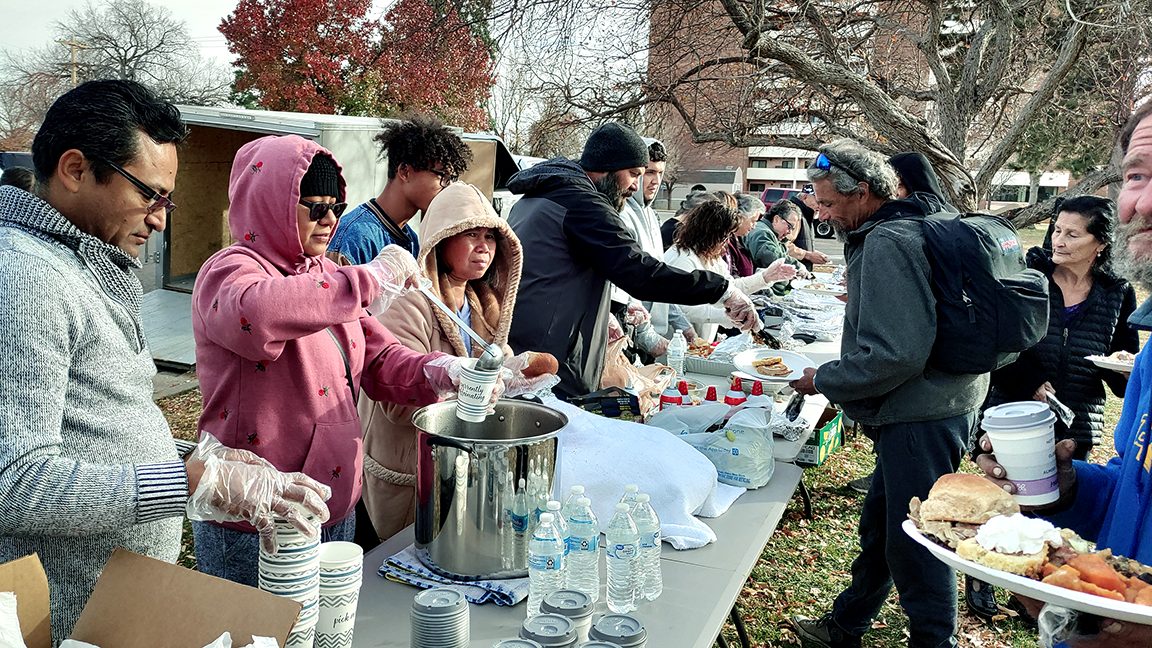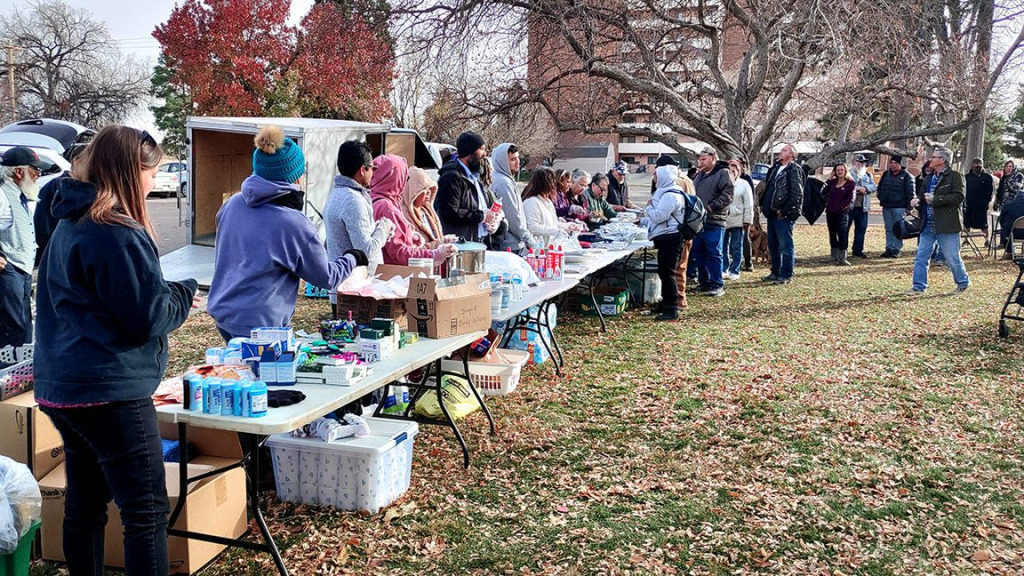Not for us the silver needle through which flows euphoric highs … and death. Not for us the innocent-looking pill which tempts overdose. Not for us the bubbly drink delivering magic mood alteration. No, we have a unique belief system that works for us.
Seventh-day Adventists are not immune from addictions or obsessions. In particular, we may be susceptible to addiction to our belief system.
Religious addiction is a phenomenon that has recognition among therapists and researchers as a real emotional and mental dysfunction.
We are perhaps most familiar with addiction to substances. But there is growing acceptance of the concept of behavioral or process addictions. This form of addiction shares characteristics with substance addiction. Anticipation. Cravings. Mood ups and downs. Dependency. Withdrawal. Skewed attention.
This is because behavioral or process addictions and substance addictions overlap in a key way. Both activate the brain’s reward network. They deliver payoffs that addicts seek. It could be a high. It could be relief from pain. It could be euphoria. It could be release from guilt. All of those are rewards for behaviors that can become addictive.
“This process is mood altering due to participating or not participating in religious experiences, associating only with like-minded persons and withdrawing from others, and attending church with like-minded persons.” 1
At this point, we must be careful. Religious activity often delivers rewards to the brain in legitimate ways. But there is a point at which seeking the reward out of a need for another “hit” can become a mood-altering necessity.
The proposition of this article is that Adventists sometimes display characteristics of being addicted to the belief system, the doctrines, and prophetic interpretations. Some have a tendency to idolize our beliefs. We tend to focus on our beliefs more than we do basic Christian realities. I am personally doubtful that a single soul will be saved through doctrinal and prophetic correctness. And yet …
For example, we might experience a sense of safety, specialness, and harmony with God because we know the right day to worship. We might feel we have inside information about the future because we know how last day events will unfold. We might find comfort because we know better than the other 2.5 billion Christians what death is really like. We might find euphoria because we think we understand the codes of Daniel and Revelation.
On the downside, we may experience anxiety and/or fear because we feel compelled to monitor the activities of the papacy or watch the economy with an eye to looming end times or seek to discern signs of the last days in international relations. We are given to making prognostications about end-time events based on reading signs and omens even though neither we nor Ellen G. White have ever been good at predictive fervor.
Adventism began with a particular set of prophetic interpretations and doctrinal beliefs that set it apart from other Christian brands. Part of the culture became a continuous emphasis on the Adventist belief system. When you are a minor sect, you have to keep reinforcing your uniquenesses.
So, this focus on truth has come down to us through 180 years of reinforcement. We see it in Revelation seminar after Revelation seminar. Daniel seminars. Prophetic reviews. Ongoing focus on, and speculation about, signs and times. Getting ready. Perpetual focus on end-time schedules and events. 2,300 days. 1,260 days. 1844. 1798. Three angels. Last generation theology.
And more.
It seems to this writer that there is a tendency to focus on these things to the exclusion of other matters more crucial to Christian life. We tend to overlook core Christianity while obsessing about our doctrine, prophecy, the future, and Ellen G. White.
In short, focus on the apocalyptic and eschatological can, and in many cases does, distract us from the reality that the kingdom of heaven is among us now. We are encouraged by Elizabeth Esther to “offer the gift of our presence in the present, allowing God to take care of our afterlife.” 2 Instead, we tend to have our eyes on future events.
When was the last time your church had a 1 Corinthians 13 seminar? Can you recall a seminar on the sheep and goats of Matthew 25?
Have you ever attended a series to discuss Jesus’ statement regarding the great two commandments (love God and your neighbor)? Even though Paul tells us in 1 Corinthians 13 that being a loving Christian is more important than just about anything, we are addicted to studying prophecy, times, signs, end-time events, and Ellen G. White.
“If I have prophetic powers, and understand all mysteries and all knowledge, and if I have faith, so as to remove mountains, but have not love, I am nothing.” (1 Corinthians 13:2 [ESV]).
A brief story illustrates the dilemma. Loren Seibold, editor of Adventist Today, tells a story. He went to pastor a new church, committed to preaching only about Jesus and the gospel. He was soon approached by a church member.
Church member: “What we’re really missing is the meat.”
“I preach the gospel every sermon.”
“No, we mean the prophetic meat. The signs of the end, the persecution, the Catholics, the Great Controversy, the things we have to do that set us apart like eating right and dressing right and keeping the Sabbath. You don’t mention those things.”
“I thought Jesus was the meat of the message.”
“All churches preach Jesus. The meat for us is all these other things.”
A real risk of obsession with our belief system is that we will be deluded to believe our standing with God has to do with beliefs. Our standing with God has to do with His gift, not doctrine or prophecy. Let us focus on the gift!
There is another problematic aspect of addiction to our belief system: the need for certainty. We may feel safe only if there is certainty about the correctness of the truth we hold to.
“… The development of extreme religious beliefs, like extreme political ideologies, occurs out of a need to simplify and find black-and-white answers … straightforward answers where ambiguity generally exists … a conviction that one’s views are correct … and that other views are wrong. The belief that one is right allows a person to think in a reductionist manner and undermines one’s ability to critically assess different points of view. Extreme ideological belief systems are based on the view that one’s beliefs are universal and right while opposing views are wrong.” 3
Our belief system is, for the most part, not the problem. It is our obsession and preoccupation with our beliefs to the exclusion of weightier matters that is the problem. Jesus pointed out the risks of lopsided religious focus.
“Woe to you, scribes and Pharisees, hypocrites! For you tithe mint, dill, and cumin, and have neglected the weightier matters of the law: justice and mercy and faith.” 4
Commenting on the issue at hand, Renee Notkin, said “Our witness is not right doctrine; it is our relational orientation … As friends of Jesus, we love one another—and that includes people different from us. In fact, no one can be an ‘other,’ because in Christ we belong to one another … Instead of being people who stink with judgment and criticism, we are to be an aroma of blessing, hope, joy, peace, and love.” 5
The first step to conquering an addiction is to admit it exists. It is a tough first step, but necessary. Perhaps we should contemplate our spiritual priorities.
Edward Reifsnyder is a healthcare consultant, president of The Reifsnyder Group, and senior vice-president of FaithSearch Partners. He and his wife Janelle live in Fort Collins, Colorado, and have two daughters. Email him at: [email protected]
1 Thomas Roberts. Religious Addiction: A Disease or a Misnomer? https://www.Abstract elephant.com
2 Elizabeth Esther, Spiritual Sobriety, p. 15.
3 Thomas Roberts. Religious Addiction: A Disease or a Misnomer? https://www.Abstract elephant.com
4 Matthew 23:23 NRSV.
5 Renee Notkin, Co-Pastor, Union Church, Seattle. Quoted in New York Times Opinion essay, Why Jesus Loved Friendship by Peter Wehner, December 23, 2022.



